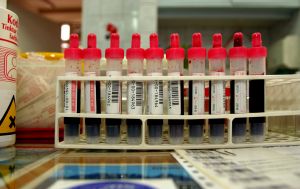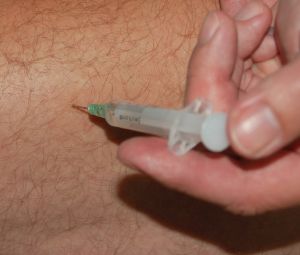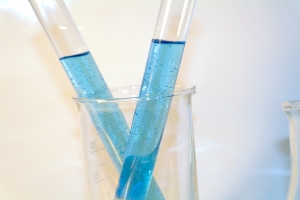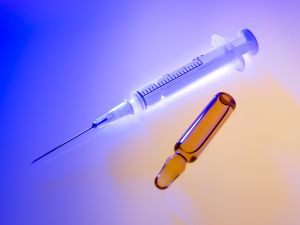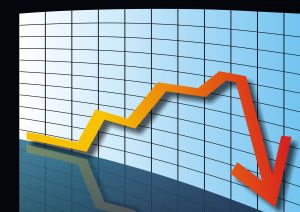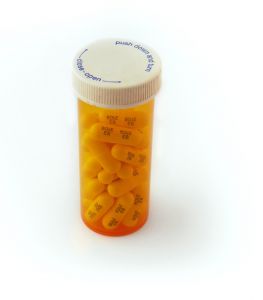According to a recent news article from Fox, the United States Food and Drug Administration (FDA) has issued new warnings about the dangers of testosterone replacement therapy drugs.
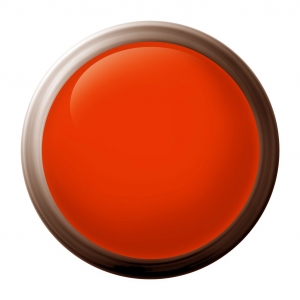 These testosterone replacement therapy drugs, which now come in the form of injections, oral tablets, creams, gels, and even a deodorant stick, have been marketed as a treatment for male weight gain, muscle loss, fatigue, mild depression, erectile dysfunction, loss of libido, and other symptoms of normal male aging. One doctor featured in this news story said there has been essentially “knee jerk” reaction to these signs of aging to prescribe testosterone replacement therapy drugs.
These testosterone replacement therapy drugs, which now come in the form of injections, oral tablets, creams, gels, and even a deodorant stick, have been marketed as a treatment for male weight gain, muscle loss, fatigue, mild depression, erectile dysfunction, loss of libido, and other symptoms of normal male aging. One doctor featured in this news story said there has been essentially “knee jerk” reaction to these signs of aging to prescribe testosterone replacement therapy drugs.
This recent push for TRT is not supported by scientific research and seems to be completely driven by marketing claims of large drug companies. Some in the medical profession believe that even if testosterone replacement therapy doesn’t work, it won’t harm anyone who takes it. According to the FDA, this is not necessarily true.
Continue reading
 Product Liability Lawyer Blog
Product Liability Lawyer Blog


